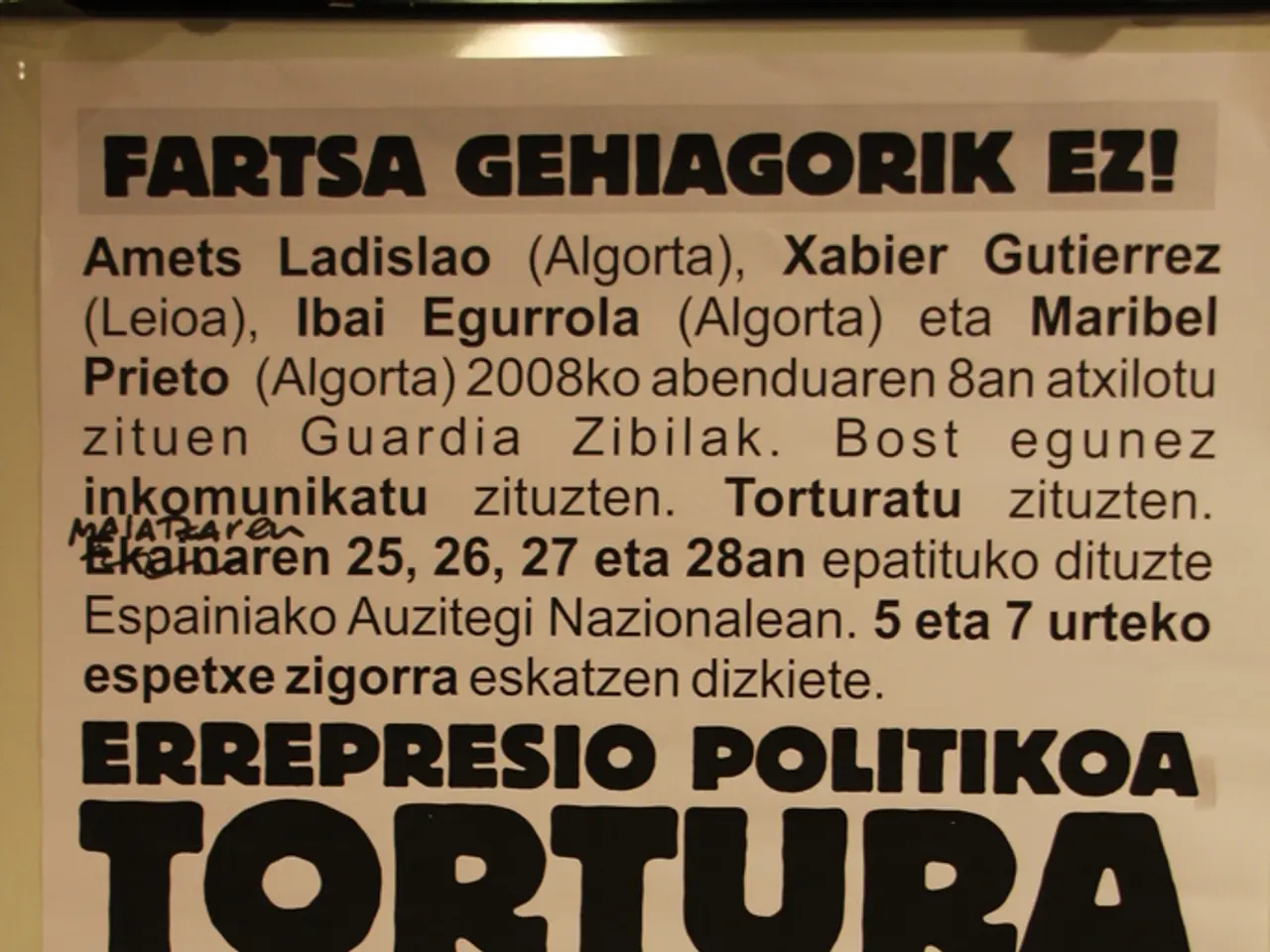Judicial candidates will face a new selection process, as announced by Woidke. - Judge appointments seek updated process, under Woidke's proposal
The election of judges for the Federal Constitutional Court in Germany has hit a roadblock due to intense political disputes within Chancellor Friedrich Merz’s conservative coalition government. The conflict, which has become highly emotional, involves contentious accusations and ideological debates that have exposed deep fissures in the coalition just two months after Merz took office.
In an attempt to resolve this deadlock, Dietmar Woidke, Minister President of Brandenburg, has proposed a new procedure for filling the three vacancies at the Federal Constitutional Court. While the details of Woidke’s proposals are not yet clear, his approach likely centers on negotiations to select candidates acceptable to multiple parties or adjusting appointment procedures to prevent stalemates.
The election of three judges for the Federal Constitutional Court was removed from the Bundestag's agenda on July 11 due to resistance within the Union faction to an SPD-nominated candidate, Frauke Brosius-Gersdorf. Brosius-Gersdorf, who holds the chair for public law, with a focus on constitutional and social law, at the University of Potsdam since 2021, faces objections within the Union.
The Union, on the other hand, has nominated federal labor court judge Günter Spinner as a candidate. However, the SPD and the Greens have shown resistance to the Union's proposed new judicial package. The previous approach to filling the vacancies at the Federal Constitutional Court does not reflect well on the coalition at the federal level, according to Dietmar Woidke.
In a bid to bridge the divide, Woidke has suggested including the opposition parties (Left Party and Greens) in the process, apart from the AfD. He also believes that the candidates who have been put forward so far could stand in a new procedure. Woidke has appealed for all parties involved in the constitutional court election to reach an agreement.
The SPD has proposed constitutional law expert Ann-Katrin Kaufhold as a further candidate. The German Press Agency is reporting on the developments regarding the election of judges for the Federal Constitutional Court. The CSU parliamentary group leader, Alexander Hoffmann, had suggested putting together a new judicial package, but this met with resistance from the SPD and the Greens.
The deadlock in the election of judges for the German Federal Constitutional Court is a significant development in German politics, exposing deep divisions within the ruling coalition. Woidke’s proposal for a new procedure offers a potential solution to restore cooperation and fill the vacancies at the Federal Constitutional Court. The outcome of these negotiations will be closely watched as they unfold.
[1] References: Various news sources reporting on the deadlock in the election of judges for the Federal Constitutional Court in Germany.
The Community institutional framework, as represented by Dietmar Woidke's proposal, could potentially alleviate the current impasse in the Federal Constitutional Court's judicial elections by inclusively involving opposition parties and implementing new negotiation or appointment procedures, thus aiming to bridge the divide between parties.
The proposed new procedure and potential candidates' reconsideration, as a result of Woidke's intervention, have been the focal point of recent policy-and-legislation discussions within the general news sphere, with the outcome of these negotiations being highly anticipated.








